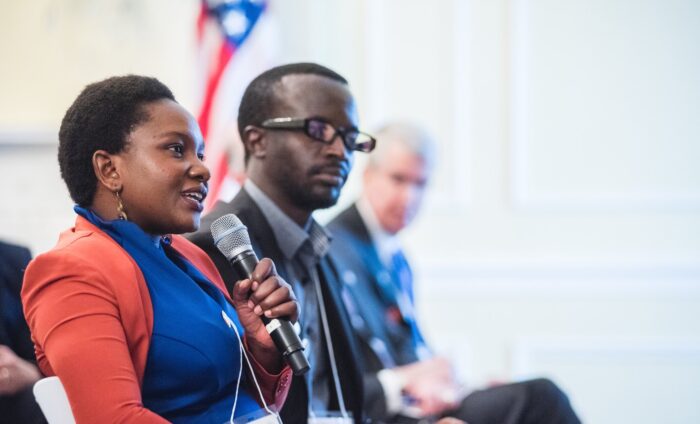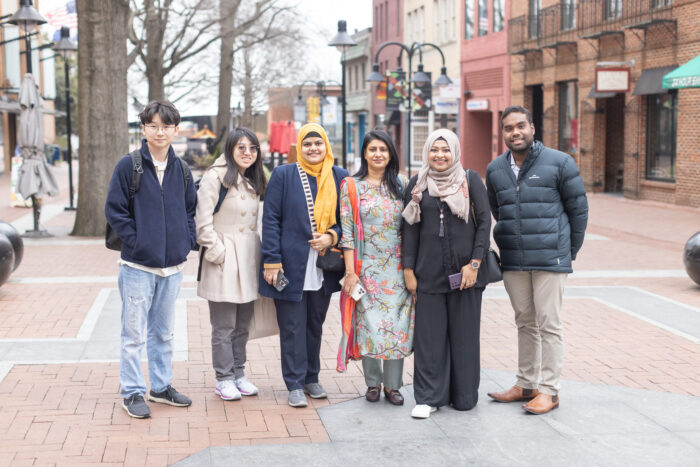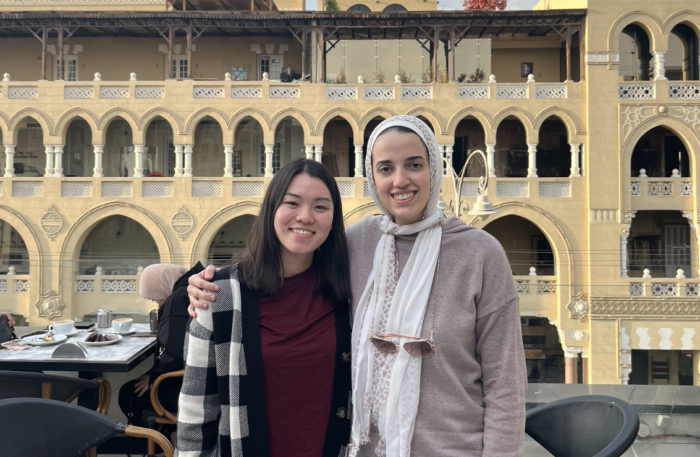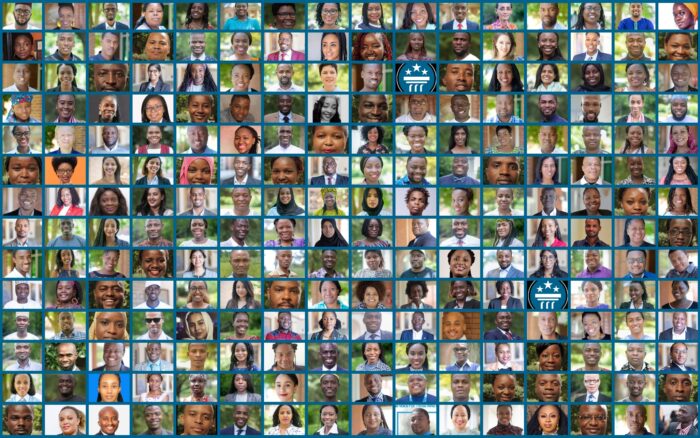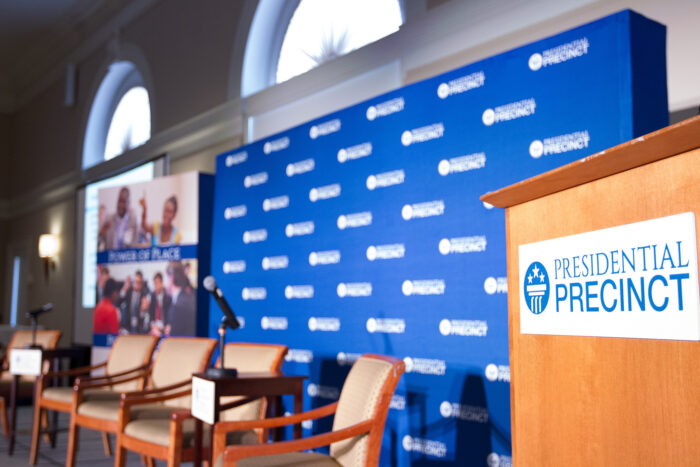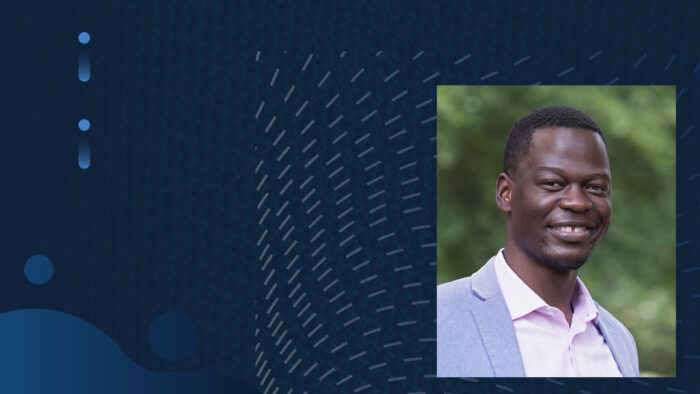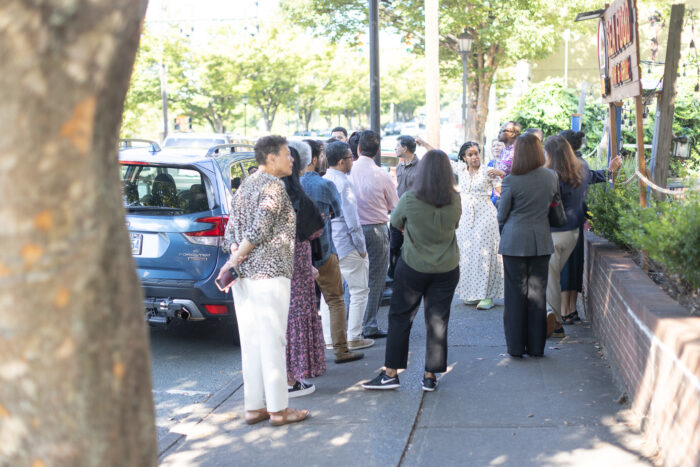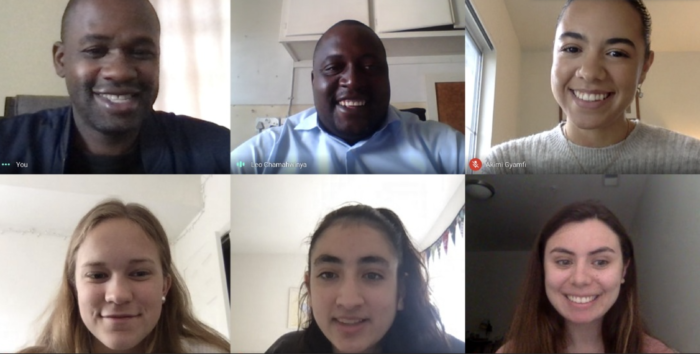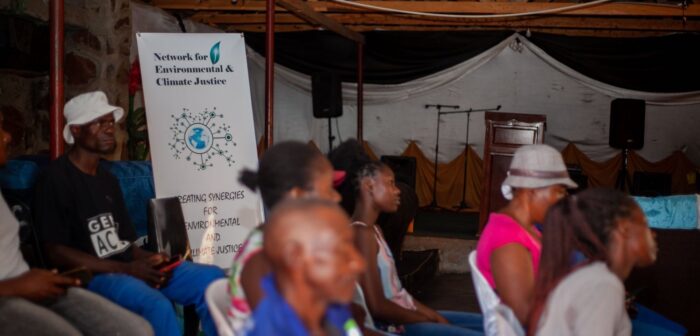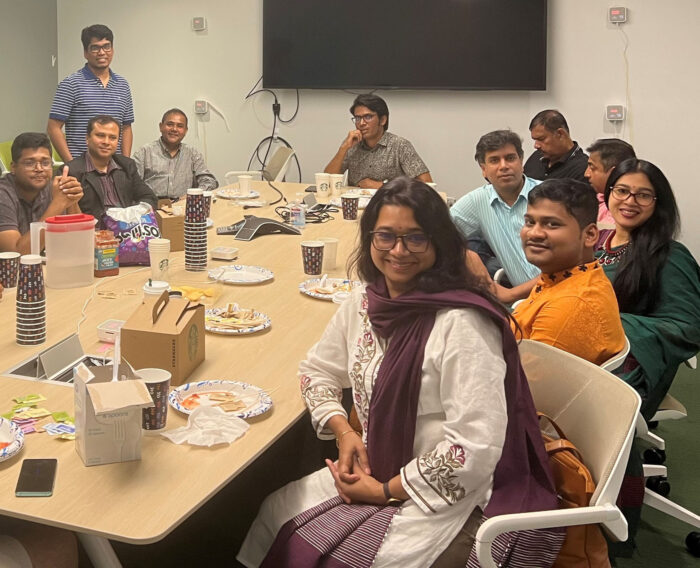When Elections Work: What’s Next for the Central African Republic?
Originally published by the Hill.
Last week, the population of the Central African Republic did something many experts had deemed impossible. They voted. Freely and peacefully. In a presidential election that was fair, transparent — and so truly competitive that the winner remained in doubt for days. On February 20th, the country’s independent electoral commission finally announced the new president, Faustin Touadera, a former prime minister and popular university professor.
The real winners, however, are the political process and the Central African people. Last September, few observers would have believed the country capable of pulling off elections that were as peaceful and competitive as we saw last week. Then, widespread sectarian violence threatened to topple the transitional government, UN peacekeepers struggled to respond to multiple allegations of sexual and other misconduct, and many observers warned that elections could push the fragile country into even deeper chaos.
It turns out, the experts were wrong. Although the election process itself was indeed chaotic, the electorate clearly demonstrated its desire for a return to democracy. Indeed, the two candidates, chosen by the people themselves in a first round of voting, both had long resumes of public service and a reputation for non-sectarianism. In short, finally given the chance to express themselves after three long years of chronic violence, the people have overwhelmingly opted for inclusion and peace.
So was Sunday’s election a miracle? Not at all. In fact, the negative headlines streaming out of CAR have overshadowed remarkably positive developments on the ground. First, despite mistakes, the UN peacekeepers and the international community have reduced the sway of armed groups and restored order. Second, the transitional government has, albeit imperfectly, held to the election timetables. Third, and most important, the population itself has clearly and defiantly rejected the sectarianism that militia groups have so adroitly exploited over the past three years.
Key to the population’s resurgent role is its youth. With 72 percent of the population under 29, youth is not just the country’s future, but its present. For too long, youth’s chief role has been as rank and file fodder for the militia groups. Now, however, new, youth-led organizations like Uru (Take Off), Association Pour la Jeunesse de Centrafrique (Association for Central African Youth) and Kode Ti Kwa (Value of Work) have emerged to give youth a positive voice and play a vocal role in the election process.
Of course, much could still go wrong. There are still armed groups using violence to retain their influence. The economy remains a shambles. On-going, and hotly-contested, legislative elections will be hard to manage. More generally, mistrust and rumor-fed conspiracy theories still run deep in the popular psyche. And even if the new president does everything right, government capacity to provide social services will take years to rebuild.
Nevertheless, this is a moment to savor a rare victory for democracy. A big international community commitment to the country has, against the odds, helped return the country to representative government. In this, Americans have played an outsized role, via the early and effective advocacy of the Obama administration and its diplomats on the ground, but also the tireless efforts of dozens of American NGOs, such as Search for Common Ground, Mercy Corps, and CRS, to rebuild communities and initiate conflict resolution programs. America’s bet on the Central African people has been critical.
So let’s celebrate, certainly. But then, back to work. Stabilizing and rebuilding CAR remains a daunting task. Success will depend on three things:
The international community must stay engaged. All too often donors hastily disengage and slash funding after violence dissipates and elections are over. But premature withdrawal will undermine the new CAR government, limit economic recovery, and provide spoilers an opportunity to reemerge. Rebuilding CAR’s institutional and economic structures will be far cheaper than peacekeeping, but it will still cost money.
The new government must earn the support of both the people and donors. Too often, past Central African governments have focused principally on dividing the spoils of power among the elites. Development, former President Bozize reportedly said, was the donors’ problem, not his. The new government must decisively break with that pattern. It will have only a short window of opportunity to demonstrate its competence, its inclusiveness and its commitment to development. If not, the donors will pack their bags and leave.
Civil society, and especially youth, must use its new-found influence to develop locally-driven governance. Three years of chronic violence have definitively destroyed what was left of state-centric governance. Locally-driven solutions to community peacebuilding, reconciliation and disarmament, and even economic development will be essential. Civil society in general and youth in particular should play a far greater role here than they have in the past. In that regard, the UN’s Security Council’s new Resolution on Youth, Peace, and Security (UNC2250) calls upon governments to actively involve youth in the discussion of peace. Central African civil society, however, remains terribly fragile, both in capacity and funding. A robust donor support for civil society will be essential.
The Central African people have given themselves, and the world, a remarkable Valentine’s Day present. It is up to all of us to make the most of it.
Ekomo-Soignet is a Central African youth activist and local correspondent for Peace Direct. She was a 2014 Mandela fellow with the State Department’s Young African Leaders Initiative. Wohlers served as U.S. ambassador to the Central African Republic (2010-2013) and the UN’s Deputy Special Representative to the Secretary General of MINUSCA (April-July, 2014).

